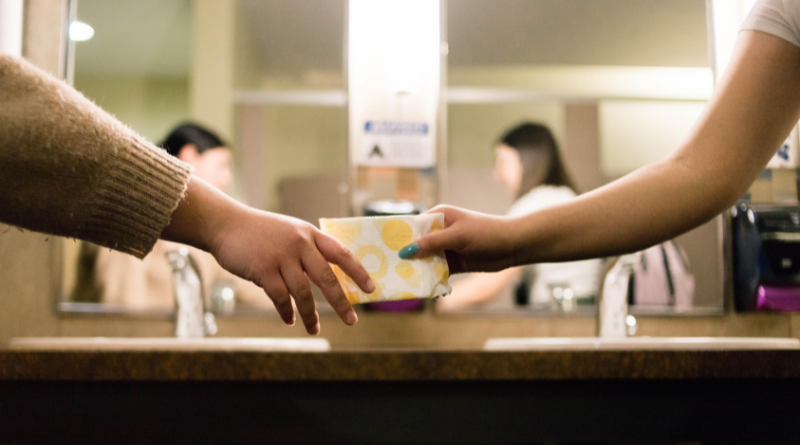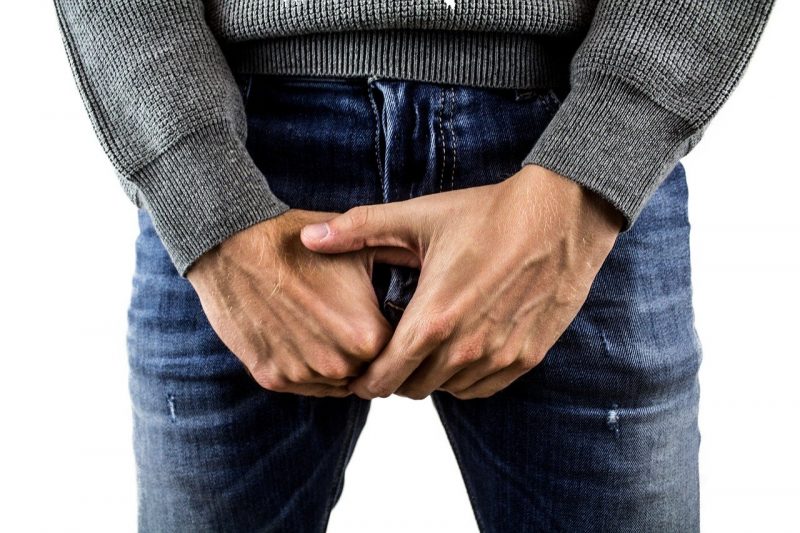An increasing number of people who menstruate can’t afford period products – this must change
What is period poverty?
Period poverty affects women, girls and people who menstruate all around the world. Access to period products, safe and hygienic spaces in which to use them, and being able to manage your period without shame or stigma are essential for all people who menstruate. You might not think twice about buying pads, tampons or other period products when you need them. After all, they’re a basic necessity. However, with the cost of living crisis, more and more people who have periods can’t afford these essential products.
Note: we use the phrase ‘people with periods’ and/or ‘people who menstruate’ in this article because not all people who experience menstruation are women or girls, and equally, not all women and girls have periods. Non-binary people, trans men, and other gender non-conforming people might menstruate, and some cisgender women might not have periods for lots of different reasons. We use this phrase to make sure everyone is included.
According to Bloody Good Period, the average lifetime cost of a period is £4,800. If you add things like pain relief pills to the mix, or back-up products in case you bleed through, the cost keeps rising. If you, your family or someone you know is struggling to afford rent, food, or clothes, it’s understandable that buying period products might not be prioritised.
What is the impact of period poverty?
A survey on the affordability of period products in the UK published in 2022 found that nearly 1 in 4 people who menstruate struggled to afford period products in the previous year. The same survey also found that 1 in 5 people who menstruate cope by using makeshift materials such as socks or loo roll, and 1 in 4 people are putting their health at risk by using period products for longer than they should.
In 2018, Scotland made history by becoming the first country in the world to make period products free for students. And since then, period product schemes have been introduced in schools across the rest of the UK – yet, 4 in 10 pupils are still struggling to access free period products at school. In 2022, Scotland extended their scheme by making period products free for anyone who needs them. But England, Wales and Northern Ireland are lagging behind, which means we need your help to fight period poverty. Here are some of the things you can do.
1. Donate
Food banks accept more than just food. They’re in constant need of unopened boxes of menstrual products such as pads and tampons. Find your local food bank and donate what you can. You can also donate money to Bloody Good Period to help them provide menstrual products to people who can’t afford them, including asylum seekers and refugees.
2. Buy one, give one
There are some amazing organisations that donate period products to someone in need for every box you buy. Check out Hey Girls, who are committed to ensuring every person who menstruates can access period products.
3. Write to your local MP
Speak up! First, find your local MP here and then write a letter, call, email, or even tweet them and demand that they end period poverty. You don’t have to write or say much, just let them know why you care and that you want them to do something. If you need a hand, you can use this template by Bloody Good Period to send to your local MP.
4. Attend a march or event
Throughout history, protests and marches been the driving force behind many social movements – it’s a chance to speak truth to power and can be inspiring. Many organisations tackling period poverty such as Bloody Good Period and Irise International host events and participate in marches, so keep an eye out for an event near you.
5. Help end the stigma
Many of us are embarrassed to talk about periods – from whispering “period” as if it’s a dirty word to hiding our menstrual products so people can’t see if we’re on our period. Not only is this completely ridiculous, it prevents people from speaking up if they need help in accessing tampons or pads. We need to normalise the topic of menstruation. I challenge you to talk openly and honestly to your friends and family about period poverty and stigma. And yes, that includes talking to boys, men, and people across the gender spectrum!
Other support
Read more
Last Reviewed 14 June 2023
Image credit: Annika Gordon via Unsplash



